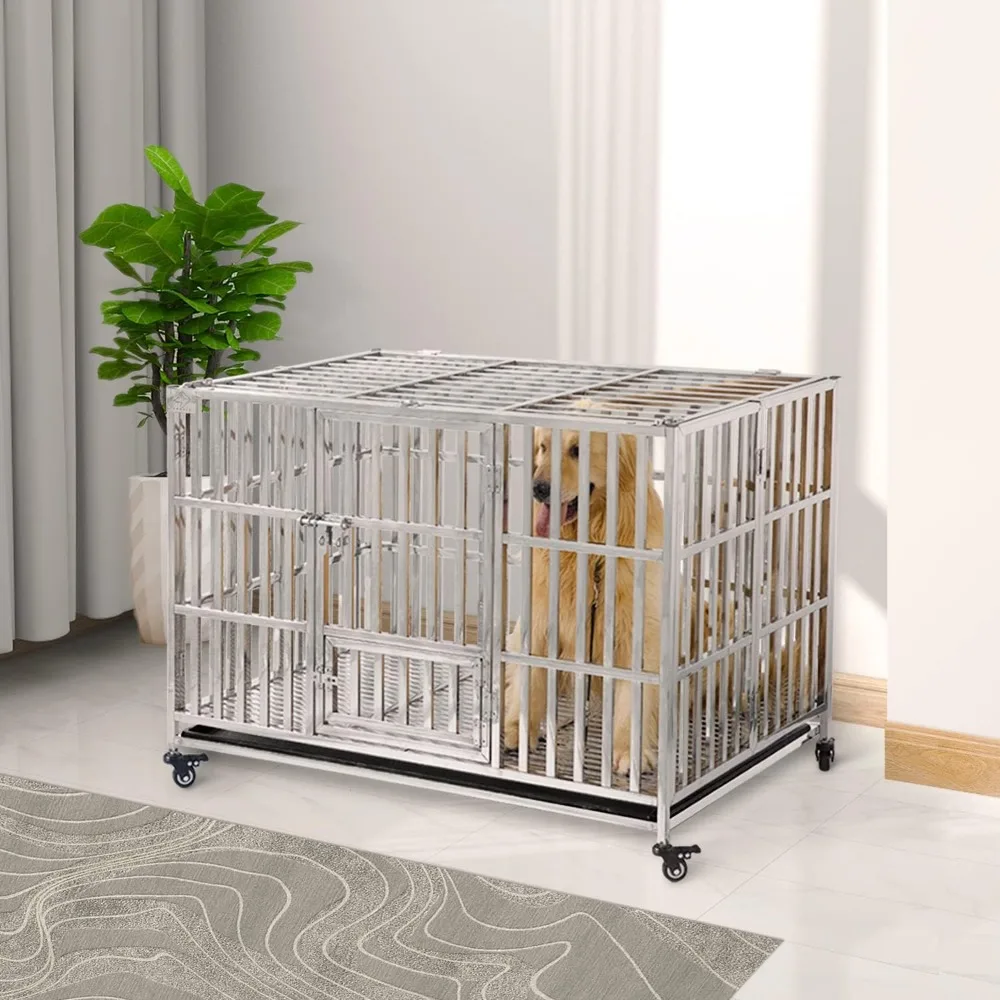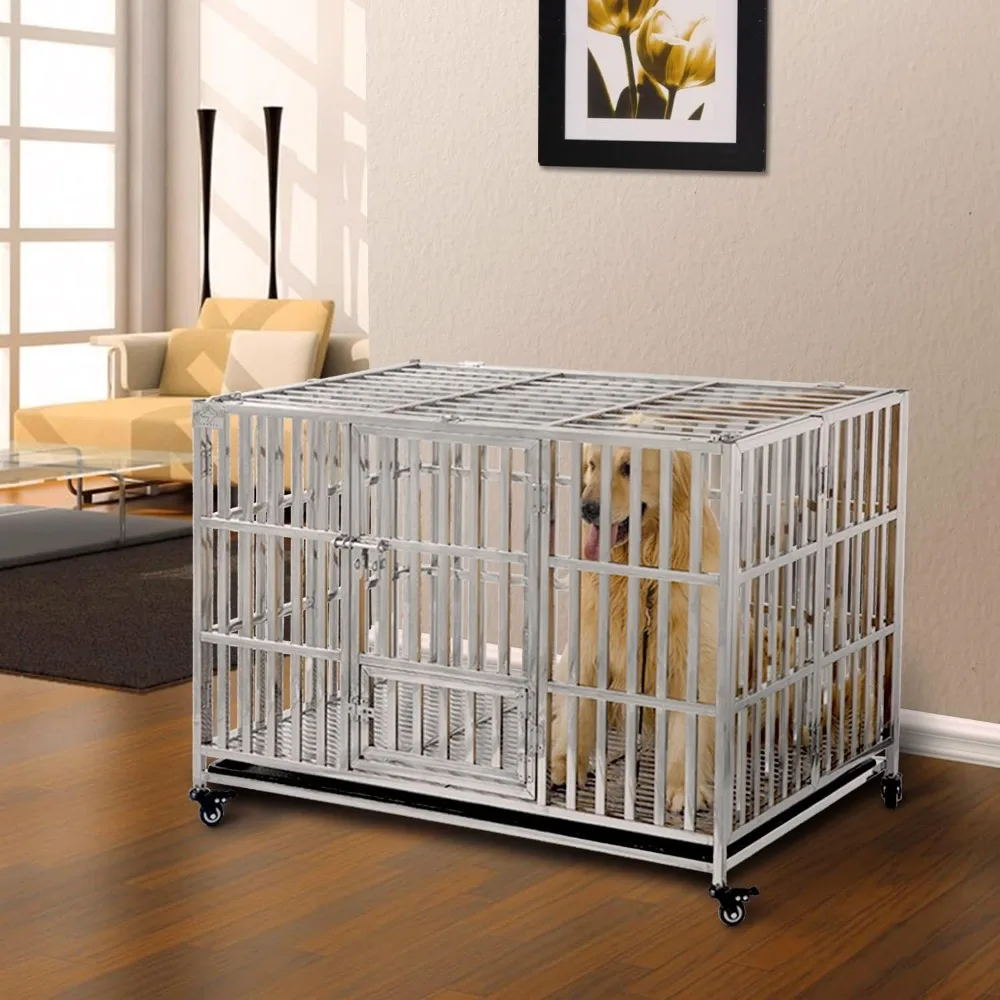How long are dogs contagious with kennel cough? Kennel cough is a common respiratory infection that affects dogs. It is highly contagious and can spread rapidly in places where dogs congregate, such as kennels, dog parks, and grooming facilities. If you’ve ever noticed your dog coughing and displaying signs of illness, you may wonder how long they remain contagious once infected. This article will provide detailed insights about kennel cough, its symptoms, and how long dogs are contagious.

What is Kennel Cough?
Kennel cough, also known as canine infectious tracheobronchitis, is a complex of infections that can attack a dog’s respiratory system. The primary culprit is often a bacterium called Bordetella bronchiseptica, but several other viruses can also contribute to this illness. Just like a cold in humans, kennel cough spreads quickly and easily among dogs. The symptoms can range from mild to severe, depending on various factors such as the dog’s age, overall health, and vaccination status.
The Symptoms of Kennel Cough
The most recognizable symptom of kennel cough is a honking cough. Some dogs may also experience sneezing, a runny nose, and a decrease in appetite. In more severe cases, dogs may exhibit labored breathing and lethargy. Usually, the cough worsens with exercise or excitement. It’s essential to consult a veterinarian if your dog starts showing these symptoms, especially if they have been in a group setting with other dogs.
How Dogs Contract Kennel Cough
Dogs contract kennel cough through exposure to respiratory droplets from an infected dog. These droplets can come from coughing, barking, or even nose-to-nose contact. One exciting point is that the bacteria can linger on surfaces for several hours, allowing the virus to spread in places like grooming salons and dog parks. Any dog that spends time around other dogs is at risk of contracting kennel cough, making prevention crucial for dog owners.
How Long Are Dogs Contagious?
Once a dog is infected, they can remain contagious for several weeks. Typically, dogs can spread kennel cough from a few days before they show symptoms to about three weeks after symptoms appear. This timeframe can vary depending on the dog’s health and immune response.
The Duration of Contagiousness
Most dogs will stop being contagious within 10 to 14 days after showing symptoms. However, some may continue to shed the virus for several weeks, especially if they are not treated. That is why it is essential to keep a recently sick dog away from other dogs for at least 3 weeks after they start coughing. Doing so helps to prevent the spread of the illness to other dogs.

The Role of Vaccinations
Vaccinations can play a significant role in reducing the length of time a dog is contagious. Dogs that are vaccinated against kennel cough usually experience milder symptoms and a shorter duration of illness. While no vaccine guarantees total immunity, it can certainly decrease the severity of the symptoms. Vaccinated dogs may also expel fewer bacteria, which lessens the chance of spreading the illness to other dogs. If you’re unsure about your dog’s vaccination status, consult your veterinarian to discuss booster options.
Importance of Quarantine
If your dog is diagnosed with kennel cough, isolating them is essential. Quarantine helps minimize the risk of transmission to other dogs. Keep your dog away from parks, boarding facilities, and even your friends’ pets until they are no longer contagious. Remember that even dogs that appear healthy can still carry the bacteria, so exercising caution is vital.
Tips for Quarantine
During quarantine, ensure your dog is comfortable and has access to a cozy resting area. Provide plenty of water and consider adding soft, nutritional food to aid recovery. Keep them entertained with toys and some gentle playtime. This isolation period can be as challenging for the owner as it is for the dog, so patience and understanding are essential.
How to Monitor Symptoms
While your dog is recovering, keep a close eye on their symptoms. If you notice changes in their behavior or worsening symptoms, contact your veterinarian. Signs such as difficulty breathing, lethargy, and loss of appetite may require further evaluation. Early intervention can help prevent complications and lead to a more rapid recovery.
Proper Care During Illness
Taking care of a dog with kennel cough is crucial to their recovery. You can help your dog feel better while they’re sick. Increase their fluid intake to help keep their throat moist. You might also use a humidifier to add moisture to the air. This step can provide comfort, especially during episodes of coughing.
Integrating Medication
If prescribed by your veterinarian, ensure that you follow the dosage and administration instructions carefully. Some dogs may benefit from antibiotics if the infection is due to bacteria. Over-the-counter cough suppressants, however, should never be given without veterinary consultation. Everybody’s health situation is unique, and what works for one dog may not be appropriate for another.
Reducing Irritants
Ensure that your dog’s environment is free from irritants such as smoke, strong odors, and dust. These things could exacerbate their coughing. If you’re a smoker, consider smoking outdoors and away from your pet. Keeping your home clean is vital to their recovery. Regular vacuuming and using pet-friendly cleaning products can make a significant difference.
When to Seek Help
If your dog’s condition does not improve after a few days or their health deteriorates, you must contact your veterinarian. Serious complications, while rare, can arise from kennel cough. These complications include pneumonia, especially in puppies or elderly dogs whose immune systems may be weaker.
Signs to Watch For
Be on the lookout for increased respiratory distress, signs of fever, or any unusual behavior. If your dog appears listless or seems to be in pain when breathing or coughing, don’t hesitate to reach out for professional help. Your veterinarian may require additional treatments or diagnostics to ensure a full recovery.
Follow-Up Visits
After a kennel cough diagnosis, a follow-up visit may be necessary. This visit allows your vet to assess the progress of your dog’s recovery. They can also determine if further treatments are needed or if your dog has developed any complications. Regular checkups help ensure your furry friend stays on track towards a full recovery.

Preventive Measures for the Future
Once your dog recovers from kennel cough, taking steps to prevent future infections is essential. Vaccinations are a proactive measure that can help protect your dog from kennel cough and other respiratory infections.
Regular Vaccination Schedule
Keep your dog up-to-date on vaccinations. Discuss with your vet about the best vaccination schedule for your dog. Some facilities may require proof of vaccination before allowing your dog to enter, so it’s good practice to stay ahead of the game in this regard.
Avoiding High-Risk Areas
After a kennel cough infection, try to avoid high-risk areas for some time. Places where many dogs congregate can still pose a risk. Opt for walks in quieter neighborhoods or settings until your dog is clearly healthy and their immune system has had time to bounce back fully.
Conclusion
Understanding how long dogs remain contagious with kennel cough is vital for any dog owner. The contagious period can vary, but proper isolation, care, and preventive measures can significantly reduce the chances of spreading the illness. Monitoring your dog’s symptoms closely during this time and seeking veterinary advice can aid in a swift recovery. By taking these steps, you can help your dog heal safely and protect the larger canine community.
